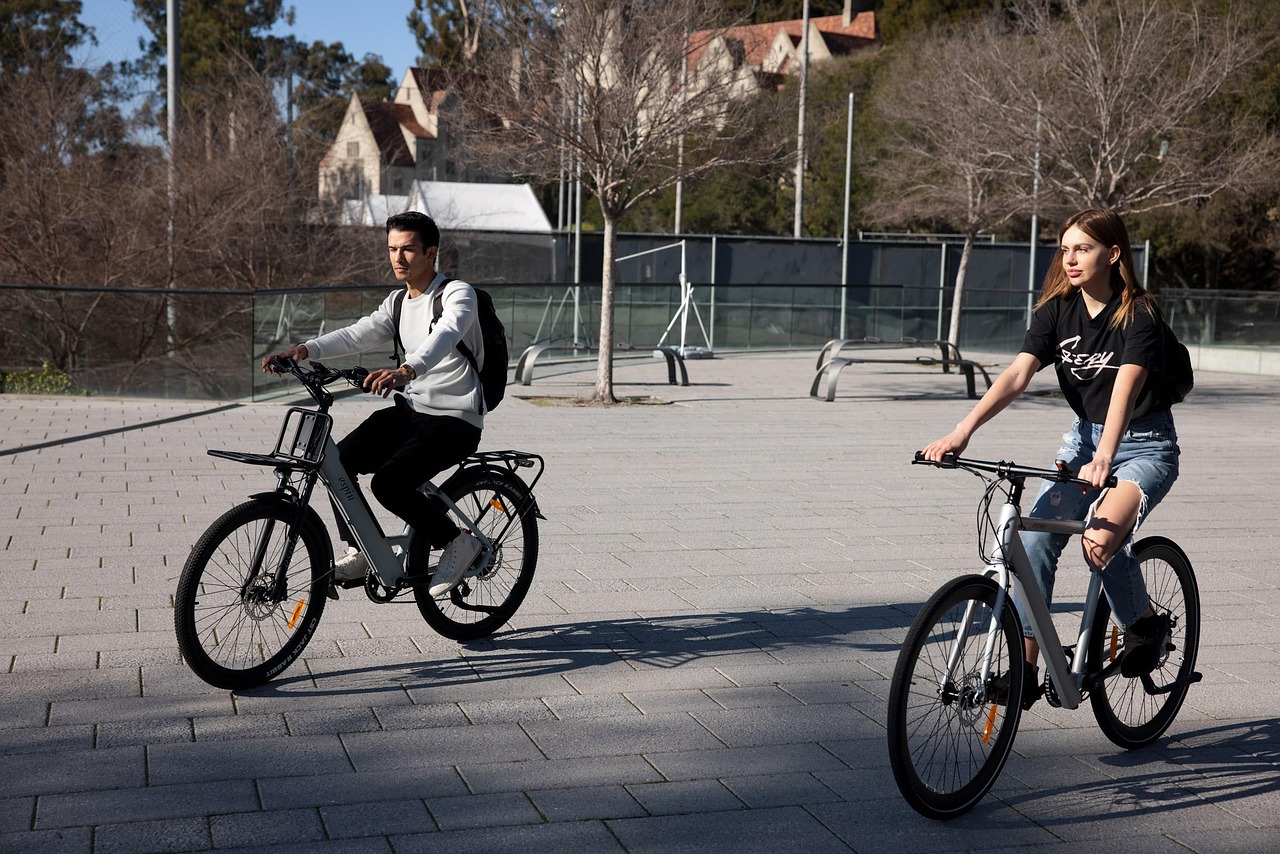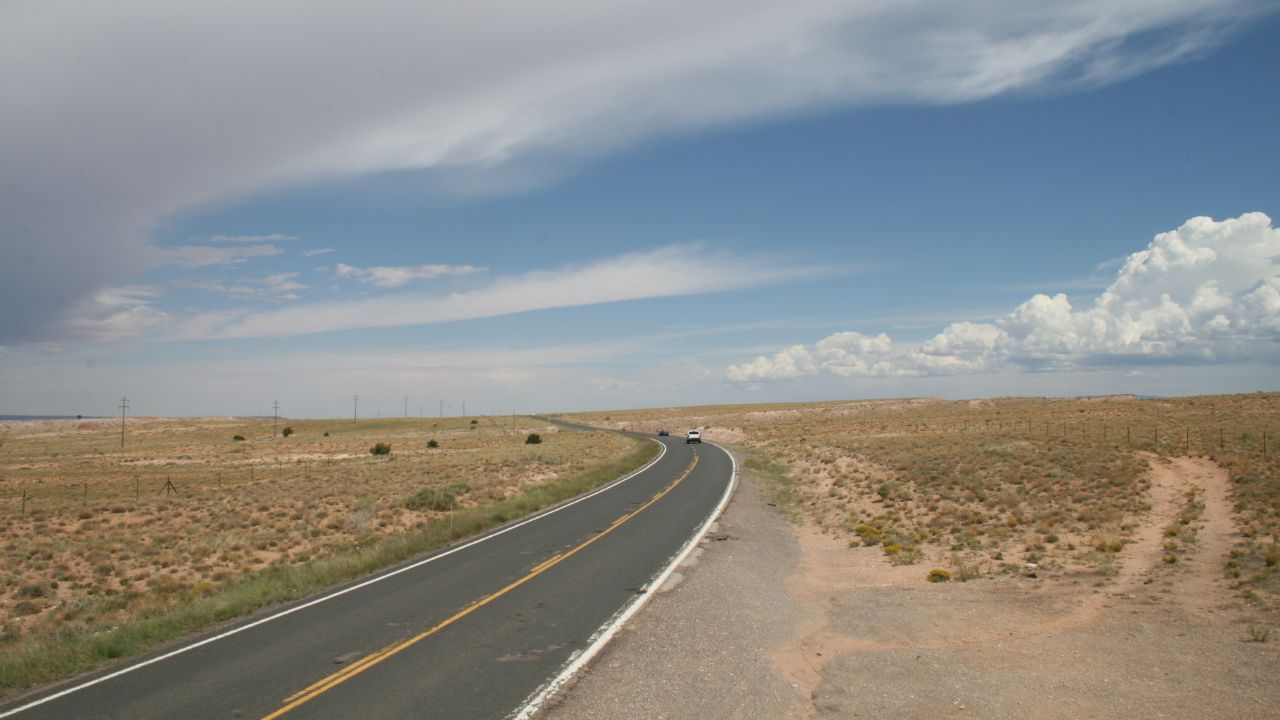Sustainable travel is becoming the quiet standard for travelers who care about places as much as photographs. Instead of racing through bucket lists, many now slow down, choose efficient routes, and pay attention to who benefits from their money. Small choices around transport, packing, meals, and timing protect fragile ecosystems without killing spontaneity or joy. What emerges is travel that feels grounded, generous, and honest, where each decision keeps destinations resilient for the people who call them home. This shift feels natural, not forced.
Choose Lower Impact Transportation
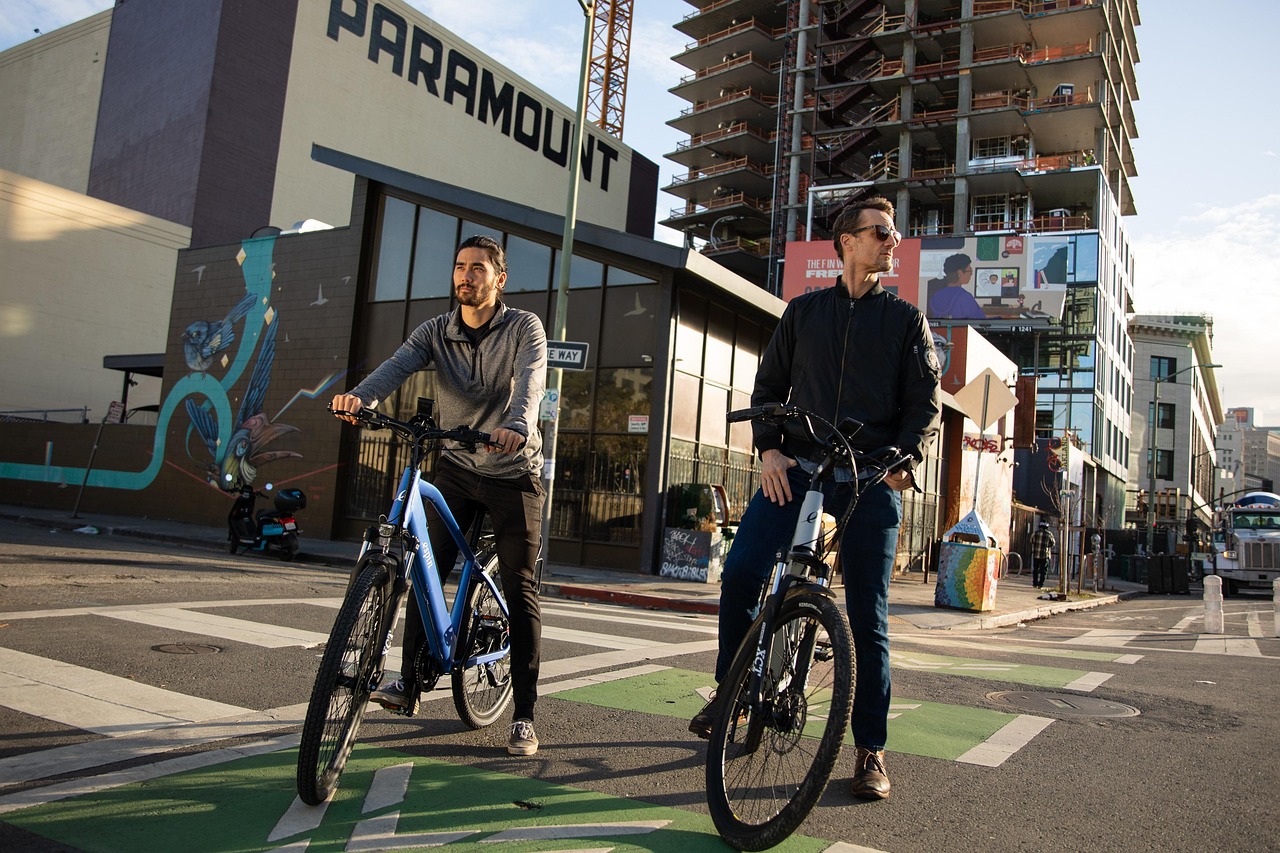
Choosing trains, buses, shared shuttles, or nonstop flights trims emissions without stripping away comfort. When travelers cluster nearby stops and skip unnecessary short hops, they trade frantic transfers for steady movement and real glimpses of daily life along the route. Over time, consistent demand for efficient options nudges carriers and cities to invest in cleaner networks that benefit residents first. Thoughtful route planning becomes one of the easiest ways to travel lighter.
Pack Light And Reusable Essentials

Packing light with durable pieces, a refillable bottle, compact tote, and simple reusables cuts waste before it appears. Less luggage means less fuel, fewer plastic-wrapped amenities, and easier movement through trains, ferries, and narrow streets. A lean kit encourages mindful shopping, since every extra item must earn its space. Over many trips, these habits quietly shrink footprints without feeling restrictive. It becomes a practical ritual that aligns comfort with care.
Support Locally Owned Stays
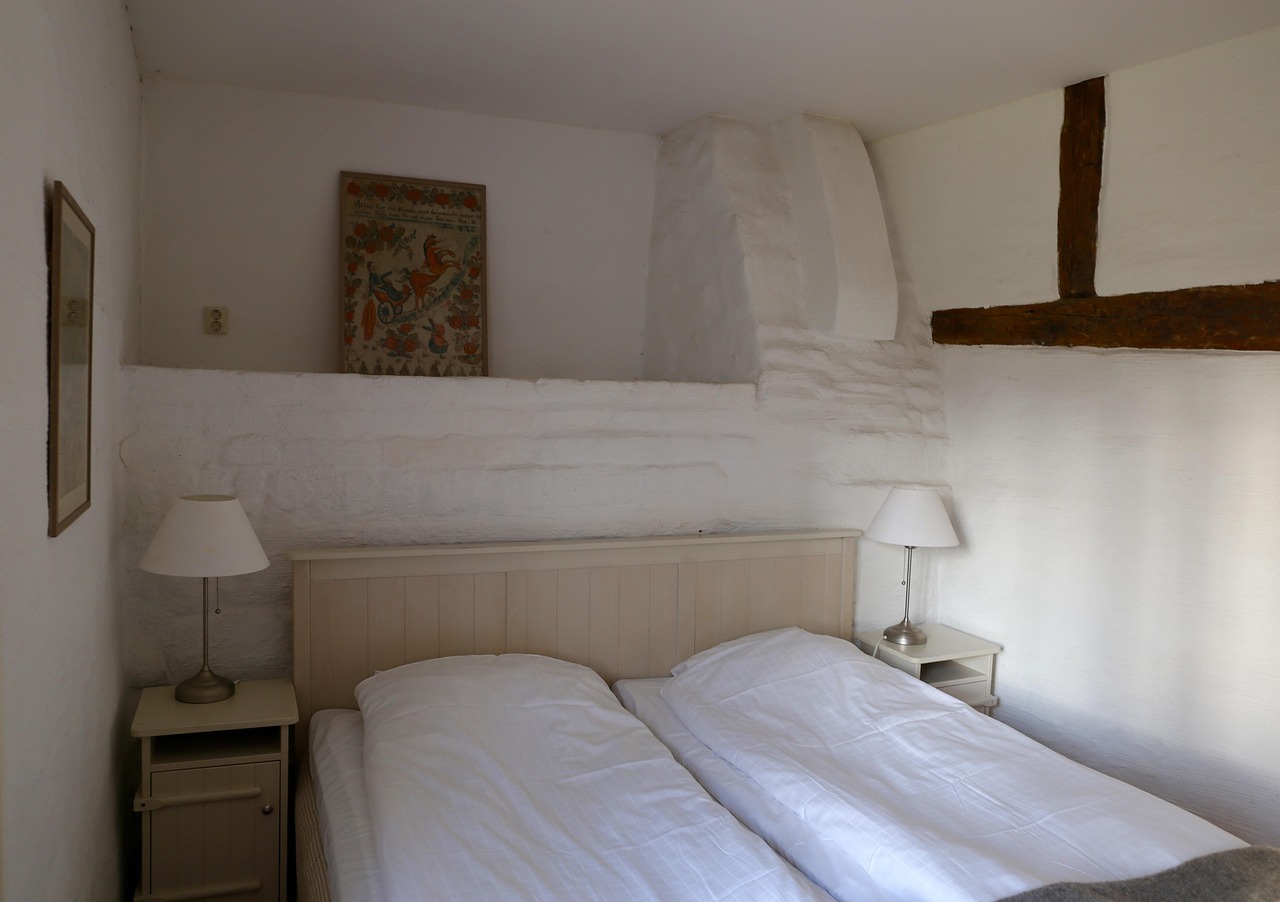
Staying in guesthouses, family-run hotels, and cooperatively owned lodges keeps travel money circulating close to home. These places showcase regional materials, recipes, and stories that rarely surface in generic chains, helping visitors understand context instead of snapshots. When bookings favor local ownership, communities gain reason to restore heritage buildings, safeguard coastlines, and protect traditions that make each destination distinct.
Eat Seasonal Local Food

Choosing seasonal dishes, regional produce, and responsible fisheries reduces the hidden emissions that follow imported, heavily packaged meals. Markets and neighborhood kitchens reveal how farmers, fishers, and vendors adapt to local climates and changing seas. Money spent here rewards honest portions, lineage crops, and food wisdom that holds families together. Over time, demand for these plates pushes more kitchens toward thoughtful sourcing.
Slow Down The Itinerary

Extending stays and trimming city counts lowers emissions from constant transfers and gives destinations space to breathe. With more time in one neighborhood, travelers notice morning routines, small rituals, and quieter corners usually skipped between checkouts. Local businesses see steadier support instead of short spikes. Slow travel often delivers stronger memories and less burnout while easing pressure on crowded streets. It respects both residents’ schedules and shared public spaces.
Respect Wildlife And Natural Spaces

Keeping distance from animals, refusing baiting or handling, and staying on marked paths protects habitats already strained by climate shifts and development. Ethical operators cap group sizes, avoid loud engines, and contribute to rangers or researchers instead of staging tricks. When visitors reward these standards, harmful shows lose appeal. Wildlife encounters remain powerful precisely because they stay unpredictable and free. Respect in the field becomes a baseline, not an exception.
Reduce Energy And Water Use

Simple hotel habits matter: moderating air conditioning, switching off lights, closing curtains, and unplugging chargers lighten demand on local grids. Short showers and reused linens conserve water in regions where residents may already ration supplies. When guests treat resources as shared, properties can invest in solar, filtration, and efficient systems with confidence. Small, steady actions here quietly protect essential infrastructure. Everyone benefits from that stability.
Travel In Gentler Seasons
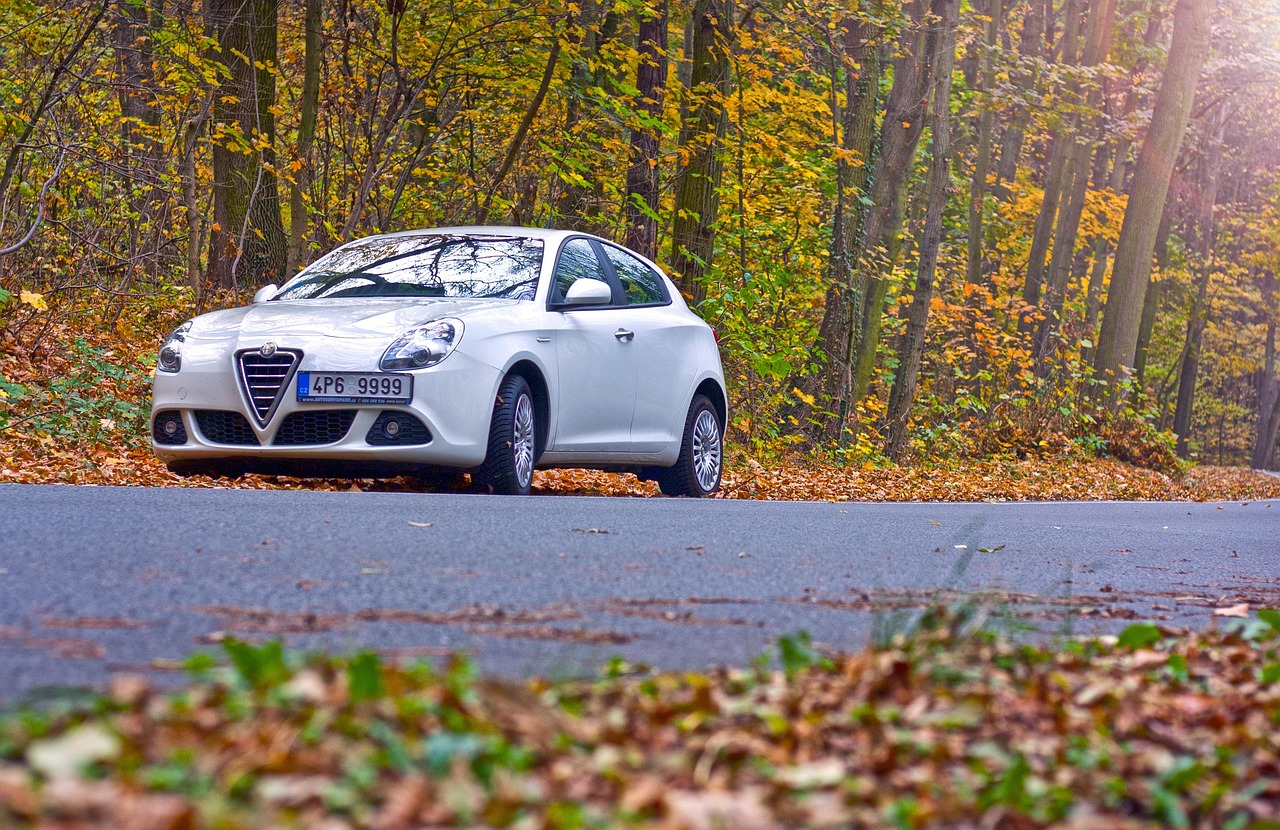
Choosing shoulder seasons or quieter weekdays spreads visitors beyond peak stress on beaches, trails, stations, and historic centers. Less congestion means less erosion, trash, and noise, while staff are less exhausted and more present. Local businesses gain steadier income across the year instead of volatile spikes. Balanced calendars keep destinations livable for residents and inviting for mindful guests. Thoughtful timing can be as important as destination choice.
Spend And Give With Intention
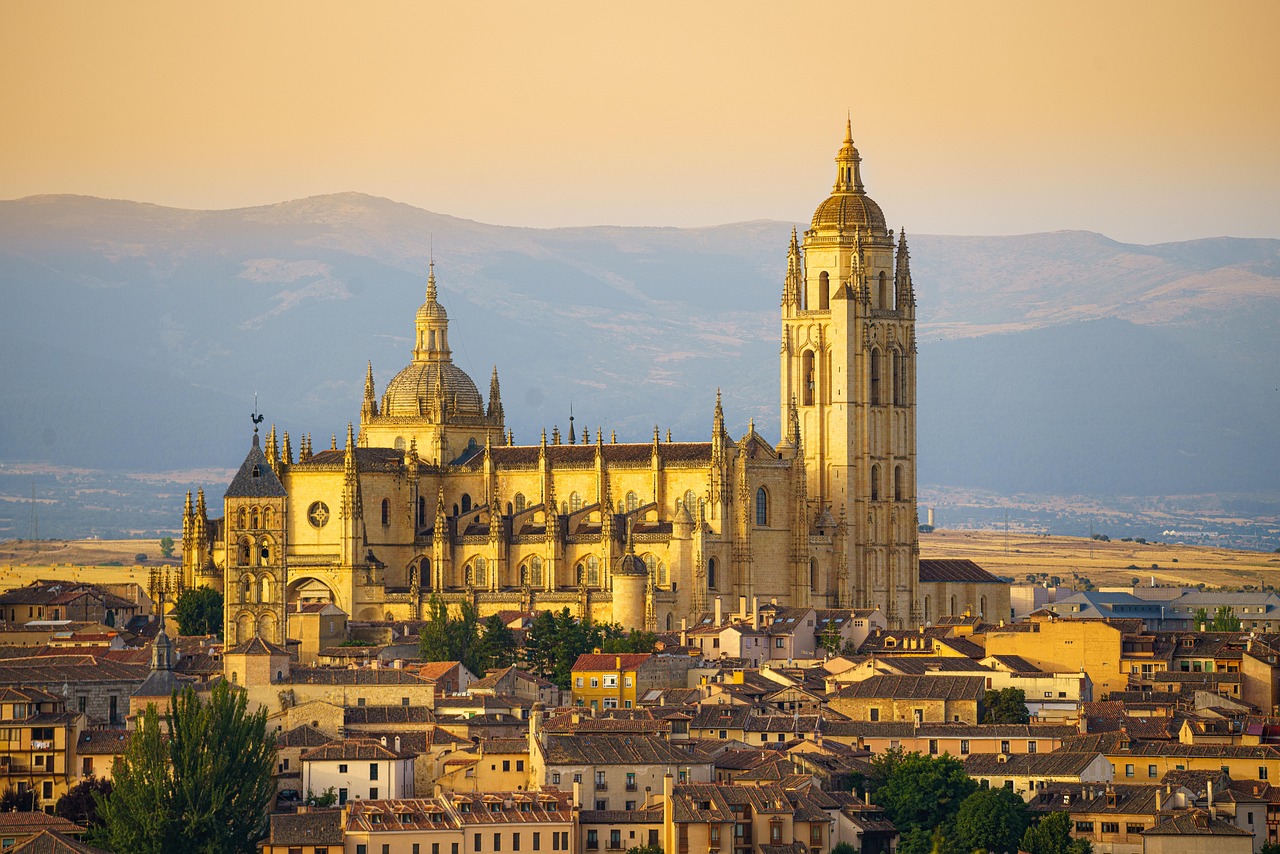
Directing spending toward certified local guides, artisans, cultural centers, and conservation projects turns every ticket into tangible support. A bit of research helps avoid exploitative tours, staged poverty visits, or wildlife abuse dressed as entertainment. Fair payment and transparency strengthen institutions that protect archives, habitats, and skills. Responsible giving ensures that memories made on the road translate into lasting gains at home.
